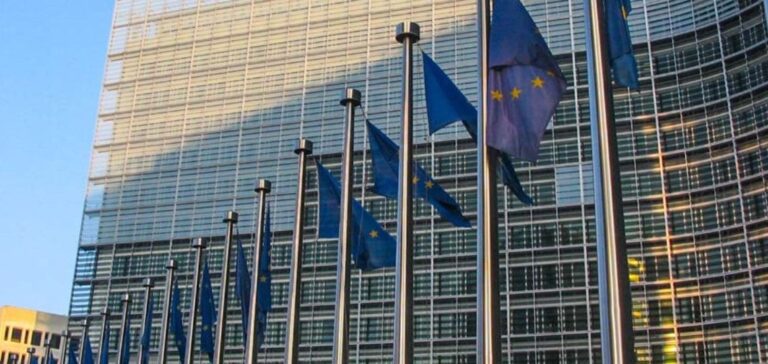European energy ministers met in Brussels on Tuesday, March 28, 2023 to discuss the recognition of nuclear power as a means of producing decarbonized hydrogen. The representatives of the member countries have divergent opinions on this issue, with France strongly supporting the use of nuclear power and Austria gathering the detractors of this technology. The French Minister of the Economy, Agnès Pannier-Runacher, defended the civil atom and gathered representatives of twelve other EU member states to form the “civil nuclear alliance”. This alliance aims to strengthen industrial cooperation in the nuclear sector, which is considered a strategic technology for achieving climate neutrality.
The ministers recognized that nuclear power is a decarbonized energy source and an important lever for reducing greenhouse gas emissions. However, the Austrian energy ministers have gathered their counterparts from ten other countries to discuss the deployment of renewable energy. The majority of these countries do not consider the civil atom as a green technology and dispute its use as a means of producing decarbonized hydrogen.
France advocates “technological neutrality” that would allow Member States to freely choose the means to achieve climate objectives. The French minister explained that the objective was not to oppose nuclear power to renewable energies, but to consider all the levers that can help reduce emissions. The plan unveiled in mid-March by the European Commission to boost green industries has alarmed Paris, mentioning nuclear power but without giving it the regulatory and financial advantages granted to renewables.
The ministers also adopted their position on legislation to adapt gas networks to the development of hydrogen and biomethane. Negotiators from the Council and the European Parliament are also expected to finalize a law on renewable energy on Wednesday. This law provides for “renewable” hydrogen targets to be met in transportation and industry. France and its allies are calling for equal treatment of renewable hydrogen and “low-carbon” hydrogen produced with nuclear electricity. However, at least seven countries, including Germany, Austria and Spain, do not support this position.
The debate on the use of nuclear power in the production of decarbonized hydrogen is a major concern for European energy ministers, as it is a central issue for achieving the EU’s carbon neutrality goals. Discussions are underway to find a compromise that will reconcile the different points of view of the member countries.





















